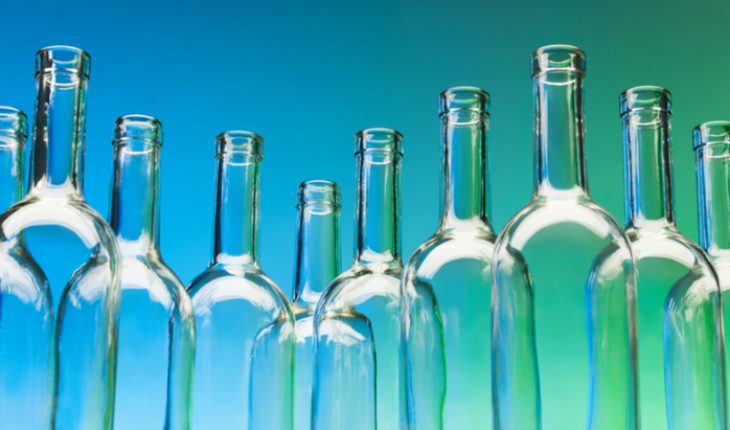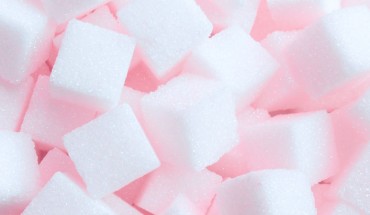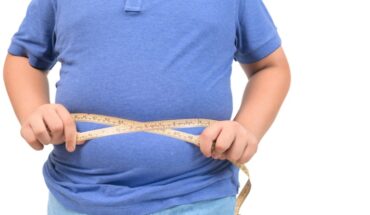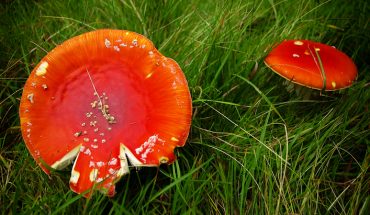Alcohol has no nutritional benefit. It is a toxin that contains excess calories and contributes to weight gain without any positive outcome for health. There have been some scientific studies that moderate intake of red wine, which contains polyphenols and antioxidants, may help to reduce oxidative damage in the body, but a landmark report by the Chief Medical Officer Dame Sally Davies, published in 2016, has dismissed the argument that red wine can be healthy.
The recommended line is that there is no safe level of alcohol consumption. If people do drink, the maximum they should consume is 14 units a week, according to the latest official guidance. Alcohol is a toxin that damages the liver and other organs in the body.
Alcohol is a toxin that damages the liver and other organs in the body.
Even moderate intake of alcohol also leads to weight gain around the middle, which is a risk factor for heart disease. This is because it is taken in excess of usual meals on top of normal calorie intake. Alcohol contains more calories per gram than carbohydrate, protein and is mostly in the form of refined sugar.
Ironically, people who drink a lot over time can suffer from malnutrition because they stop eating and get all their calories from the drinks they consume. This leaves them with a deficit of fat and protein and many of the essential minerals and nutrients. Alcohol also damages and destroys B-vitamins, especially thiamine (Vitamin B-1). B vitamins are important for the smooth running of the nervous system and energy metabolism. Heavy drinking on a regular basis increases the risk of health problems including liver cirrhosis, heart disease and certain cancers.
Magnesium deficiency in regular drinkers can lead to confusion, apathy and insomnia and lack of zinc leads to lack of appetite and lethargy. Even moderate intake leads to weight gain.
To minimise these effects, people with moderate to high alcohol intake are advised to replenish nutrient stores by eating plenty of fruits and vegetables, nuts, salads, legumes, eggs and chicken. Dietary supplements and vitamin and mineral supplements can also be taken to counter the effects of nutrition depletion caused by alcohol consumption.
- Keep calm and carry on with nutrition - 30th March 2017
- Empty alcohol - 18th January 2017
- Vegetable oils are a health boon - 4th May 2016






